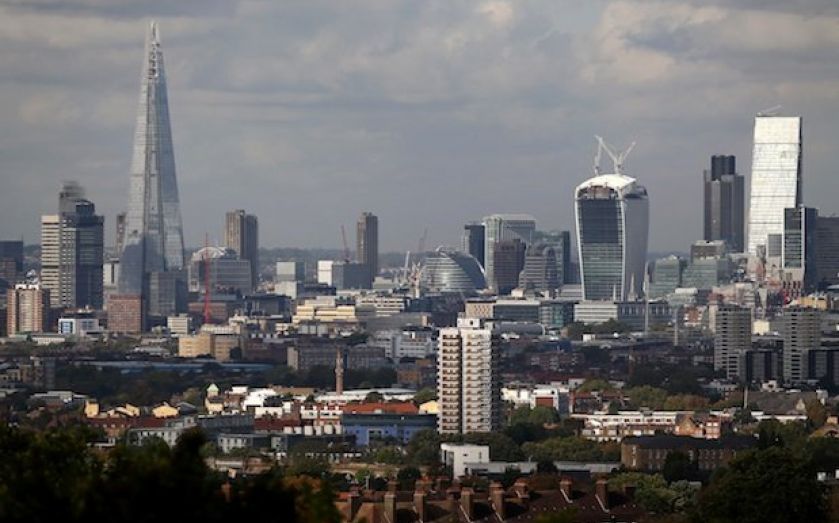| Updated:
G20: Shortage of jobs is hindering economic recovery

Not enough jobs are being created in the G20 economies, and this is hindering prospects for economic growth according to a report by the OECD, ILO and World Bank Group.
The G20 consists of the world's 20 biggest economies, which together account for an estimated 85 per cent of global GDP and 80 per cent of world trade.
But seven years after the start of the global financial and economic crisis, economic recovery remains fragile. Wage growth has fallen significantly behind productivity growth in most of these economies, while income inequality has increased. There are now over 100m people unemployed and 447m living on less than $2 a day across the member states.
This poor performance of the labour market is constraining both consumption and investment, thus posing a threat to long-term economic recovery according to the report. It predicts that the lack of jobs will persist until at least 2018 unless growth gains momentum.
“Jobs are a foundation for economic recovery,” the report says. “G20 countries need more and better jobs as a foundation for sustained growth and well-being of their societies.”
Looking ahead, the report said achieving sustainable growth will require the introduction of policies across all relevant sectors that improve productivity, wages, and employment opportunities.
“Policy interventions addressing both the demand and supply sides of the labour market are essential to reverse the current self-reinforcing cycle of slow growth, low job creation and low investment. Such policies would be much more effective if taken collectively and coordinated at the G20 level,” it says.
It also points to the importance of promoting market participation of women, young people and other under-represented groups – demographic changes such as rapid population ageing in some countries and rising youth populations in others means participation of a greater proportion of the population will become increasingly important.